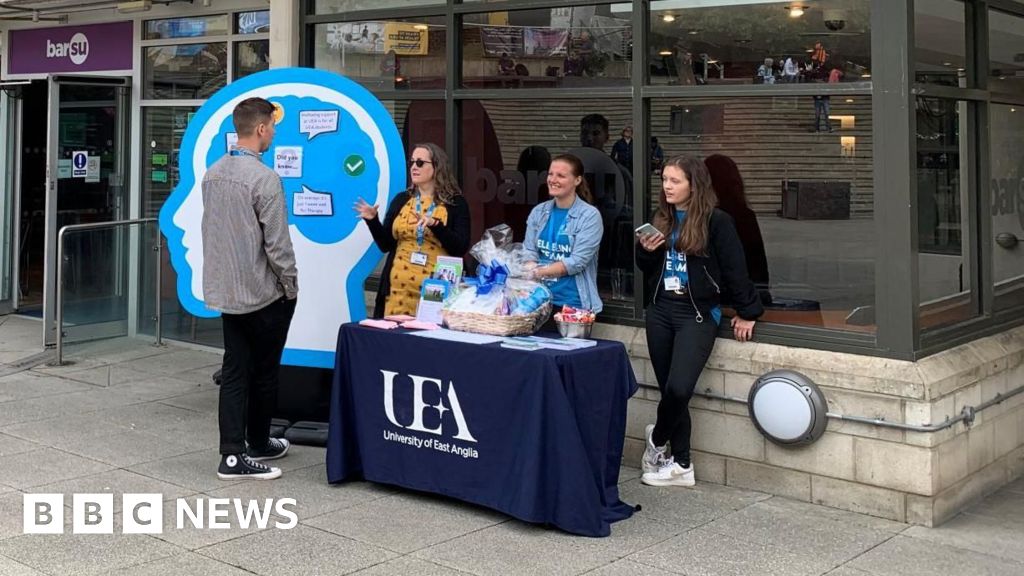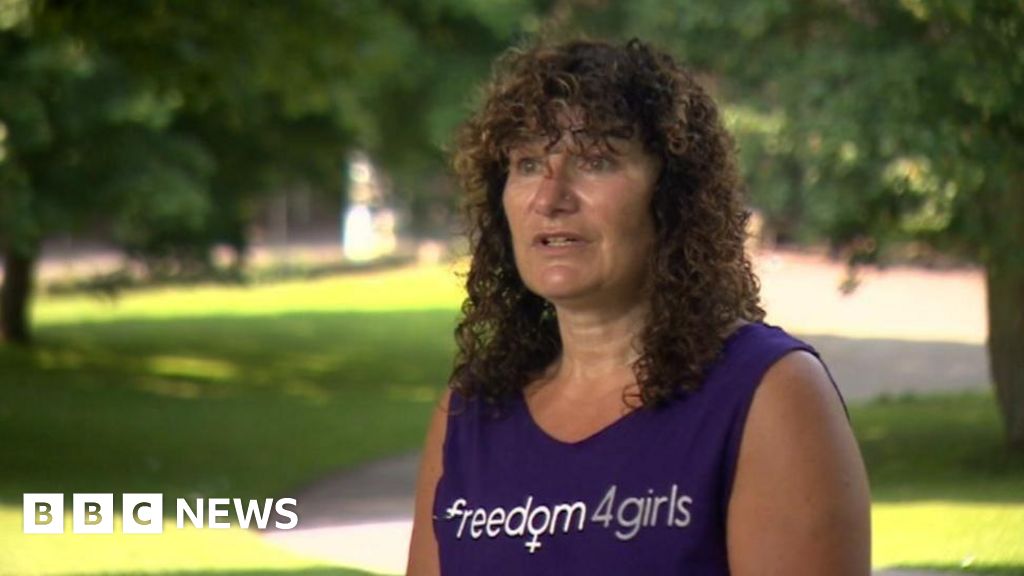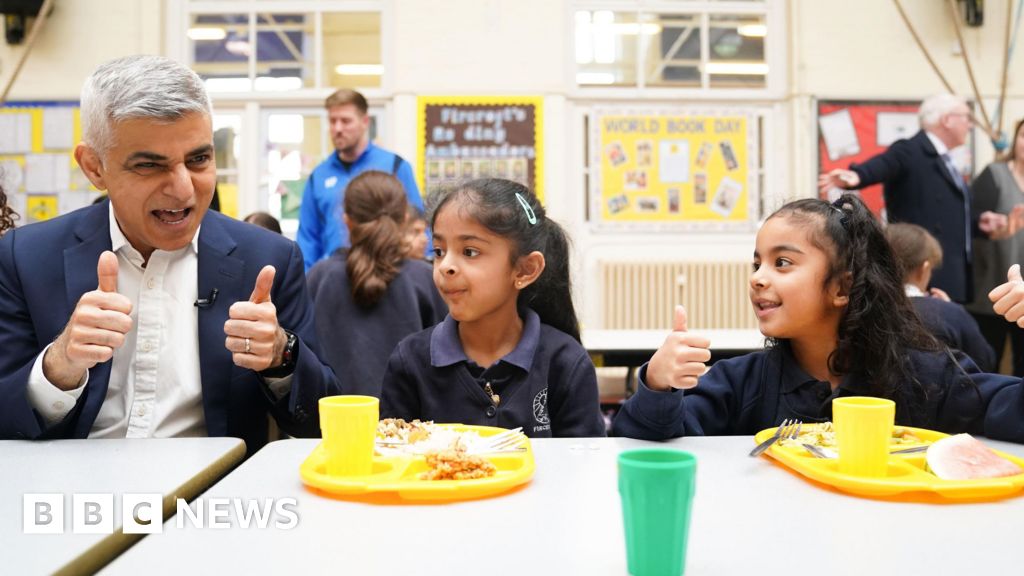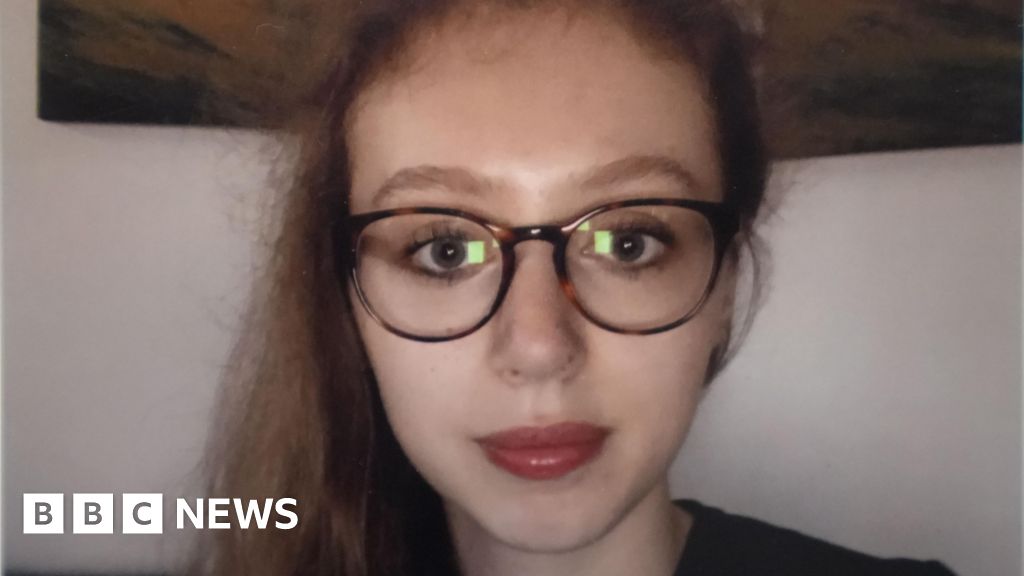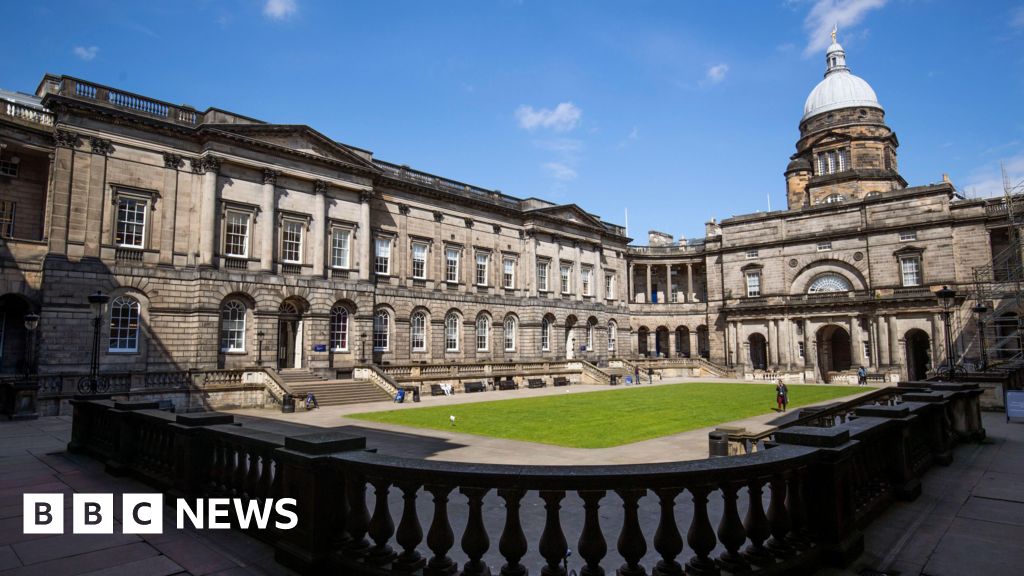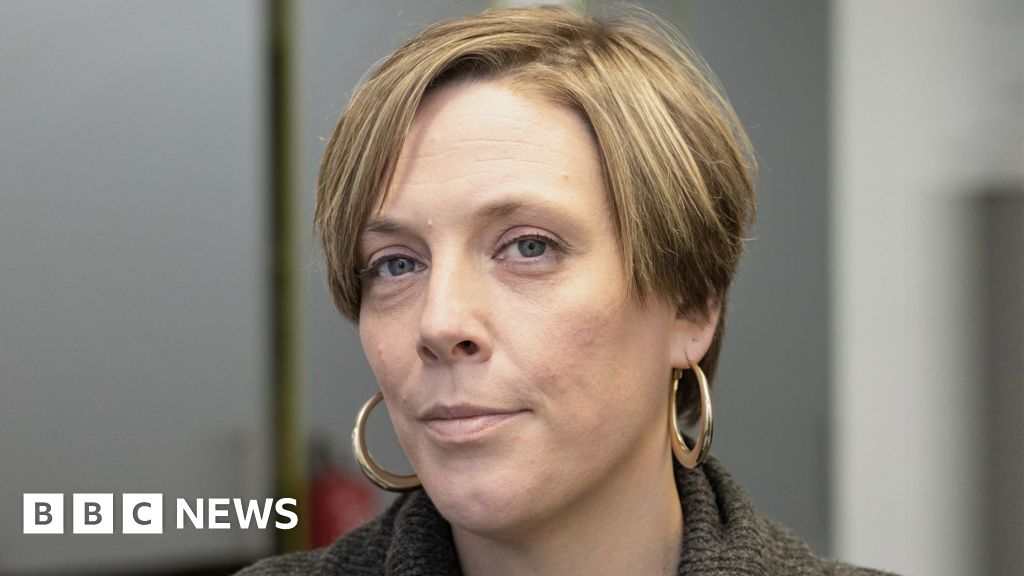
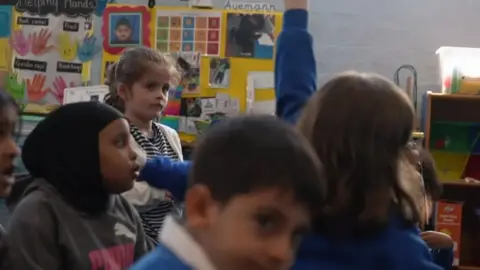 BBC
BBC
The capital's birth rate is plummeting
Primary school numbers in London are predicted to fall by another 52,000 pupils by 2028, double the national average, according to analysis seen by the BBC.
The Education Policy Institute (EPI) told Radio 4's Today programme that student numbers at primary had been steadily falling but numbers at secondary had risen in almost all areas of England.
The decrease was down to a combination of falling birth rates, the cost of housing and the cost of living, it said, adding the biggest drops were in central London boroughs such as Westminster, Southwark and Camden, all with primary number falls of greater than 10%.
The government said it was committed to repurposing empty classrooms into nurseries.

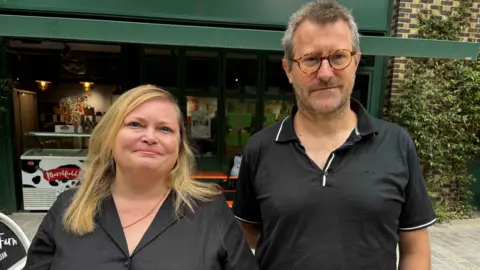
Parent governors Toby and Vanessa say there is not enough provision for families
Louis Hodge, the associate director from EPI, said: “In the whole of London, we’re expecting primary school pupil numbers to fall by another 52,000 by 2028.
"And we’re also now expecting that trend to occur in other parts of the country but at a slower rate.”
“The national picture is pupil numbers at primary have been falling, more so in London than the rest of England, but pupil numbers at secondary have been rising in almost all local authorities in England.
"That’s going to take a peak and turn a corner in the next five years or so. In London, in certain areas, we’re expecting to see falls in secondary as those falling numbers at primary school work their way through the system”
'Budgets likely to fall'
He said there could be a knock-on effect to school budgets.
“With the falling numbers of pupils, given that funding is predominantly allocated to schools based on the number of pupils they have, that means budgets are likely to fall in many schools over the coming period."
He added this meant that, "given that many of the costs that schools face are fixed, a teacher still has to be paid for, that classroom still has to be heated, it means we could be seeing particularly squeezed budgets".
“Since around 2010, birth rates had been falling around the country and that's happened even more so in London.
"We know that there is an increase in the cost of living, particularly when it comes to the cost of housing and the cost of childcare."
He added: "So, we're probably seeing parents either leaving the capital to start families outside of London and, even those that are potentially staying, are maybe delaying or deciding to have potentially less or even no children.”
'Relying on savings'
Romy Danflous is moving out of her two-bed rental flat in Peckham, south London, with her husband and children, two and four, because they no longer feel they can afford to live in the capital and are relocating to Norwich.
“We’re basically relying on savings to cover daily costs, which means that we just couldn’t manage to keep up with London any more, despite both having full-time jobs and earning pretty decent salaries," she said.
Kenny Smyth is 58 and has lived on the Rockingham Estate near Elephant and Castle in south London his whole life.
“Growing up on the estate, I had lots of friends. Now, with regards to gentrification, these people had to move. It was almost like it was overnight that I lost all my friends.
"One week it seemed like we had friends and neighbours. The next week, it just seemed like we had strangers."

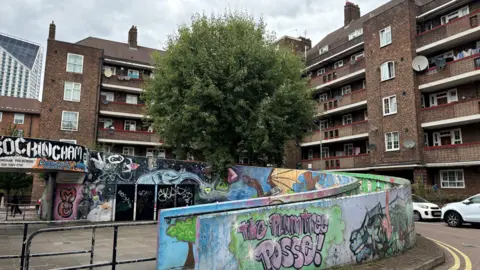
Kenny Smyth said people have left Rockingham Estate near Elephant and Castle due to gentrification
Toby is a parent governor at a secondary school in Southwark and has lived in London for 13 years.
“We moved here when my son was three. I remember touring round primary schools and the schools were so overcrowded they were teaching kids in the corridor.
'There's no kids left'
"And then, 10 years later, four primary schools in this area have closed in the last two years.
"We wanted to ask if children are being designed out of our inner cities.
"What's happened here is that as well as property being expensive, there's been demolition of older council and housing estates.
"What’s been built here out of 2,000 flats in Elephant Park - 18 of them are three-bed flats.
"There's no provision for families in the area. Ten years after these housing estates were knocked down, there's no kids left."
Sir Dan Moynihan, chief executive of Harris Federation, spoke to the Today programme at the Harris Academy secondary school in Peckham, where they are worried about pupil numbers.
“The impact of depopulation for us is that we’ve had to merge two very successful primary schools into one.
"The other impact is teachers can’t afford to live in the capital.
"We now recruit teachers from Jamaica, simply because we cannot find teachers who are willing to work and live in central London.”
A Department for Education spokesperson said: “We have increased school funding to almost £61.8bn this year, which will help to break down barriers to opportunity and improve the life chances of all children.
“We have also committed to rolling out 3,000 school-based nurseries by repurposing empty primary school classrooms so we can offer more childcare places to parents by building capacity in the system."

 2 months ago
20
2 months ago
20


